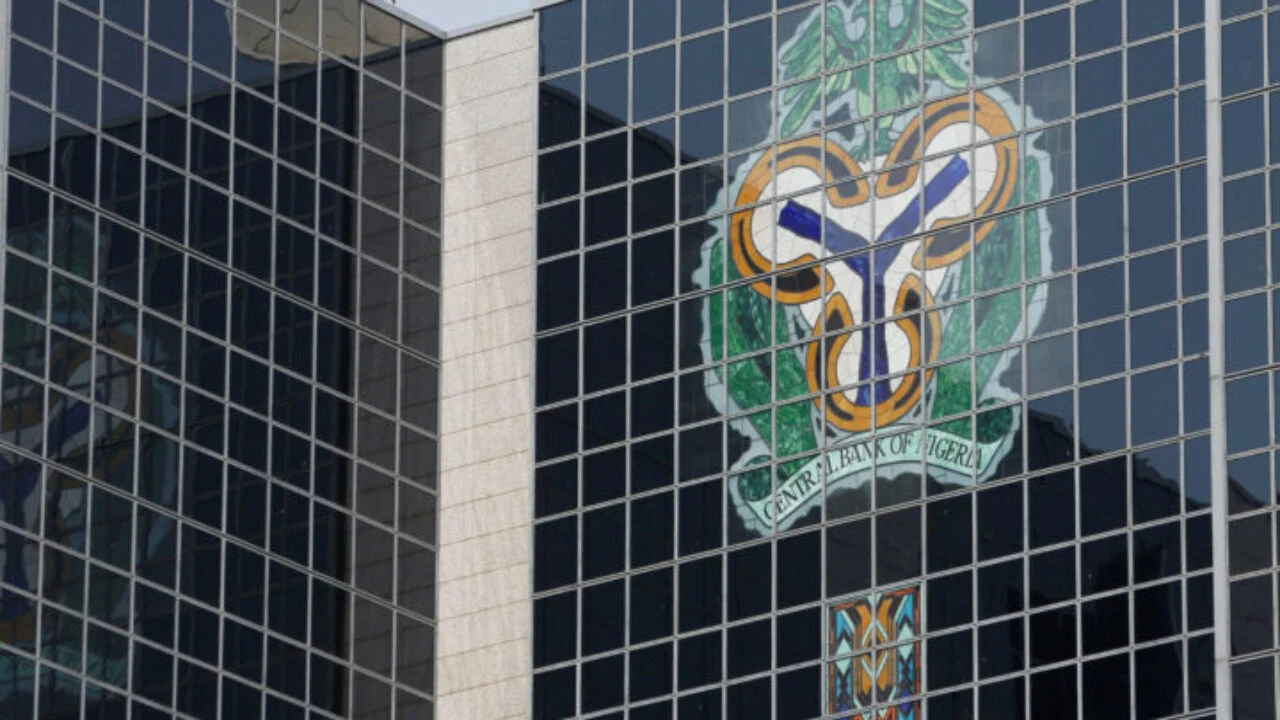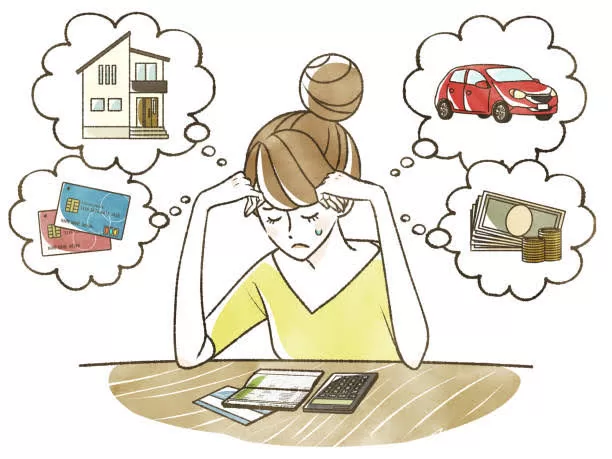Analysts are expressing concerns that, with the increase in interest rate to 18.75%, the cost of living in Nigeria, which is already high, will become astronomically higher.
Businessmen and traders who are looking for loans from banks will become more indebted as their interest rates will shoot up.

The Monetary Policy Rate (MPR) of the Central Bank of Nigeria (CBN) has once again been raised by the Monetary Policy Committee (MPC).
Read Also: CBN’s Cashless Policies, Others, Couldn’t Stop My Victory – Tinubu
The MPC raised the MPR which is the benchmark for interest rate by 25 basis points, from 18.50% to 18.75%.
This decision was reached on Tuesday.
Economists say this singular decision to raise the MPR will throw many business owners into confusion.
It will will increase their interest rate, thereby, increasing the cost of borrowing from the financial institutions.
Sadly, the common man will feel the heat more.
Traders and businesses that have borrowed from the banks will pass their cost of credit to their customers.
Consequently, this will further hike the prices of goods and services.
The Asymmetric Corridor
During the MPC meeting which held for the first time in nine years without Godwin Emefiele, members voted to adjust the asymmetric corridor at +100 and -300 basis points around the MPR, from +100/-700 basis points.
They also voted that the financial regulator should retain the CRR at 32.5% and the liquidity Ratio at 30%.
You May Also Like: What You Need To Know About CBN’s New Directives To DMBs
Note that the CBN has been increasing the interest rate since May 2022.
At the time, it was 11.5% and it was done in a bid to tighten the monetary environment and curb inflation.
However, despite these adjustments, inflation soared to 22.79%, in June.

